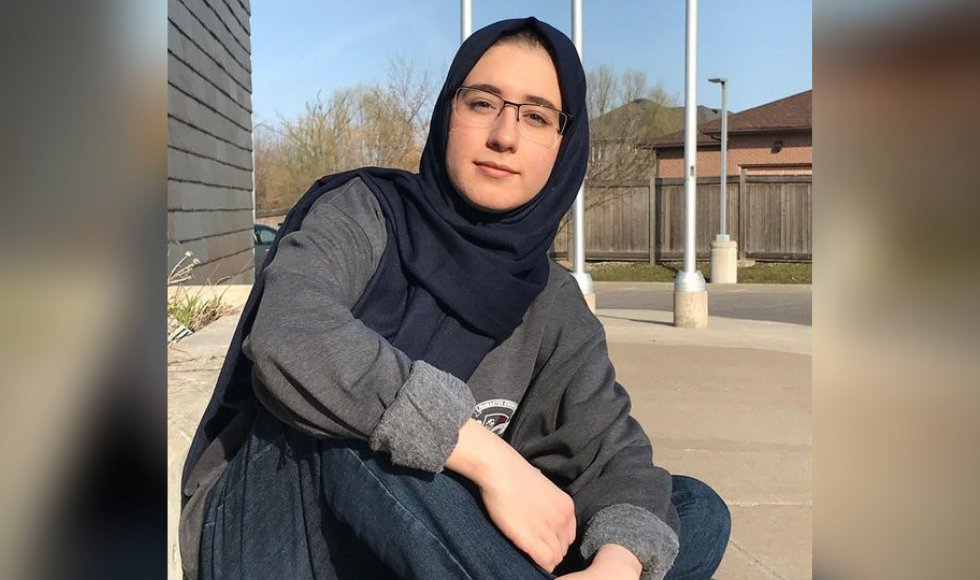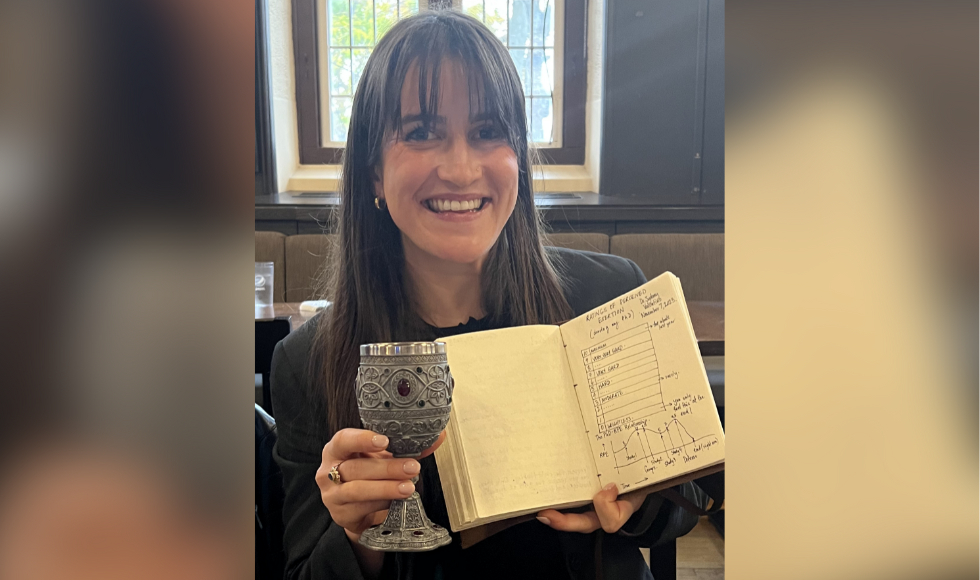VDL Equity, Diversity, and Inclusion Declaration
The Vascular Dynamics Lab at McMaster University recognizes the importance of equity, diversity, and inclusion (EDI) efforts within our lab group and in welcoming and promoting members of black, Indigenous and people of colour (BIPOC) and other underrepresented communities in our research endeavours and collaborations. We value the perspectives and experiences of diverse current, former, and future members and collaborators of the VDL. We continue to endeavour to create an environment of inclusion: where all members are respected, treated fairly, have access to opportunities and experiences, and feel supported in sharing feedback. Diversity drives innovation, and so our lab recognizes that EDI efforts require consistent and active engagement from all members of our lab. We are committed to this central value and invite members of the BIPOC and underrepresented groups to engage with us in this endeavour. In addition, we value Indigenous practices of knowledge and encourage a willingness to learn from and engage with Indigenous Knowledge alongside traditional Western ideology.
In line with the McMaster University Equity and Inclusion Office’s “Guiding Principles for Best Practice”, we aim to ensure our work is culturally relevant and community owned, recognizing the institutional barriers equity-seeking groups face. We also endeavour to be collectively responsible to critically analyzing our role in supporting BIPOC individuals and will pursue frequent collaborative evaluations of our work. Finally, as part of McMaster University’s Kinesiology department, we will coordinate collaborative efforts both within and outside of our department, McMaster University, and the broader community to advance this mission. Furthermore, we endeavour to build “an anti-racist lab” according to the guidelines set out by scholars in our field: Chaudhary & Berhe’s “Ten simple rules for building an anti-racist lab” (in review: PLOS Computational Biology).
VDL Ongoing Action Plan:
The following section of our website details our plan for growing in our EDI efforts, in accordance with these 10 rules. Click on the following rules to see more details about what our lab is doing.
Rule 1 – “Lead informed discussions about anti-racism in your lab regularly”
Our lab has established semesterly discussions on anti-racism and checking in on the work lab members are doing to create an anti-racist lab environment. However, we recognize that a semesterly check-in is not sufficient for regular discussions as a lab; as a result, we have endeavoured to include anti-racism work in many aspects of our lab activities detailed below.
Rule 2 – “Address racism in your lab and field safety guidelines”
Our lab is in the process of reworking our lab standard operating procedures (SOPs) to align with suggestions for create a safe work environment, including highlighting resources for BIPOC lab members.
Rule 3 – “Publish papers and write grants with BIPOC colleagues”
Our lab seeks opportunities to work collaboratively with members of the BIPOC community, including advocating for seminars to include scientists of colour, and seeking open calls for publications to work with members of this community.
Rule 4 – “Evaluate your lab’s mentoring practices”
Our lab has engaged in discussion around our trainee recruitment and mentorship practices and are making changes to our application process for trainees. We are also creating a mentorship feedback mechanism to highlight ongoing areas of mentorship needs at all levels of our lab’s scaffolded mentorship framework.
Rule 5 – “Amplify voices of BIPOC scientists in your field”
Our lab is dedicating lab meetings and journal club sessions to the discussion of work by BIPOC scientists, highlighting both their EDI and scientific achievements, as encouraged by Chaudhary & Berhe.
Rule 6 – “Support POC in their efforts to organize”
Our lab, in our ongoing lab meetings and communications, endeavours to support BIPOC lab members in sharing opportunities through the department, institution, and external professional organizations to be involved in and supported by these groups. While often individualized support is needed – such as time away from lab activities to engage in organization efforts – systemic support and encouragement is also needed, and a value shared in our ongoing lab discussions.
Rule 7 – “Intentionally recruit BIPOC students and staff”
Our lab has begun to rework our recruitment application process for trainees, focused on removing perceived bias and assumptions in the process. For example, to avoid making racial or ethnic identity assumptions based on names, our recruitment process will be blinded. Similarly, in an effort to better facilitate participation in recruitment, a voluntary self-report of information on any accommodations or supports needed to fully participate in the recruitment process. Additionally, we are altering our recruitment process to focus away from prior experience and instead highlighting interests of applicants, recognizing the barriers that BIPOC members may have faced in seeking out prior opportunities. Finally, we will share our recruitment broadly with all members of the McMaster community.
In addition, we have begun a shift in our research recruitment process to actively recruit members of the BIPOC community to our research studies as participants and attempting to remove systemic barriers that exist in participation.
Rule 8 – “Adopt a dynamic research agenda”:
Our lab continues to create a dynamic research environment, taking on projects that are flexible to the central focus of our lab. We encourage trainees and collaborators to work with us in continuing to explore innovative research projects.
Rule 9 – “Advocate for racially diverse leadership in science”
In addition to recruiting of BIPOC students and staff to our lab, we endeavour to sponsor our trainees to seek on further opportunities for leadership within science, and creating both time and resources in our individual and collective research agendas.
Rule 10 – “Hold the powerful accountable and don’t expect gratitude”
In our endeavours shared above, our lab does not expect gratitude in our work – instead, collectively, we hope these efforts towards making our lab anti-racist will better welcome members of the BIPOC community and encourage an innovative and diverse research agenda. In this work, we hold our PI accountable to these efforts ultimately responsible for the culture of our lab and highlight mechanisms for maintaining accountability in our lab and within our institution.
Related News
News Listing

Sarah Arsalan, MSc Student Part of Winning Team in Universitas 21 (U21) and PwC Innovation Challenge
EMRG News, Kinesiology News, Molecular Exercise Physiology & Muscle Aging Lab
January 18, 2023
All Things Protein, Protein Synthesis and Hypertrophy
EMRG News, Protein Metabolism Research Lab
January 16, 2023

